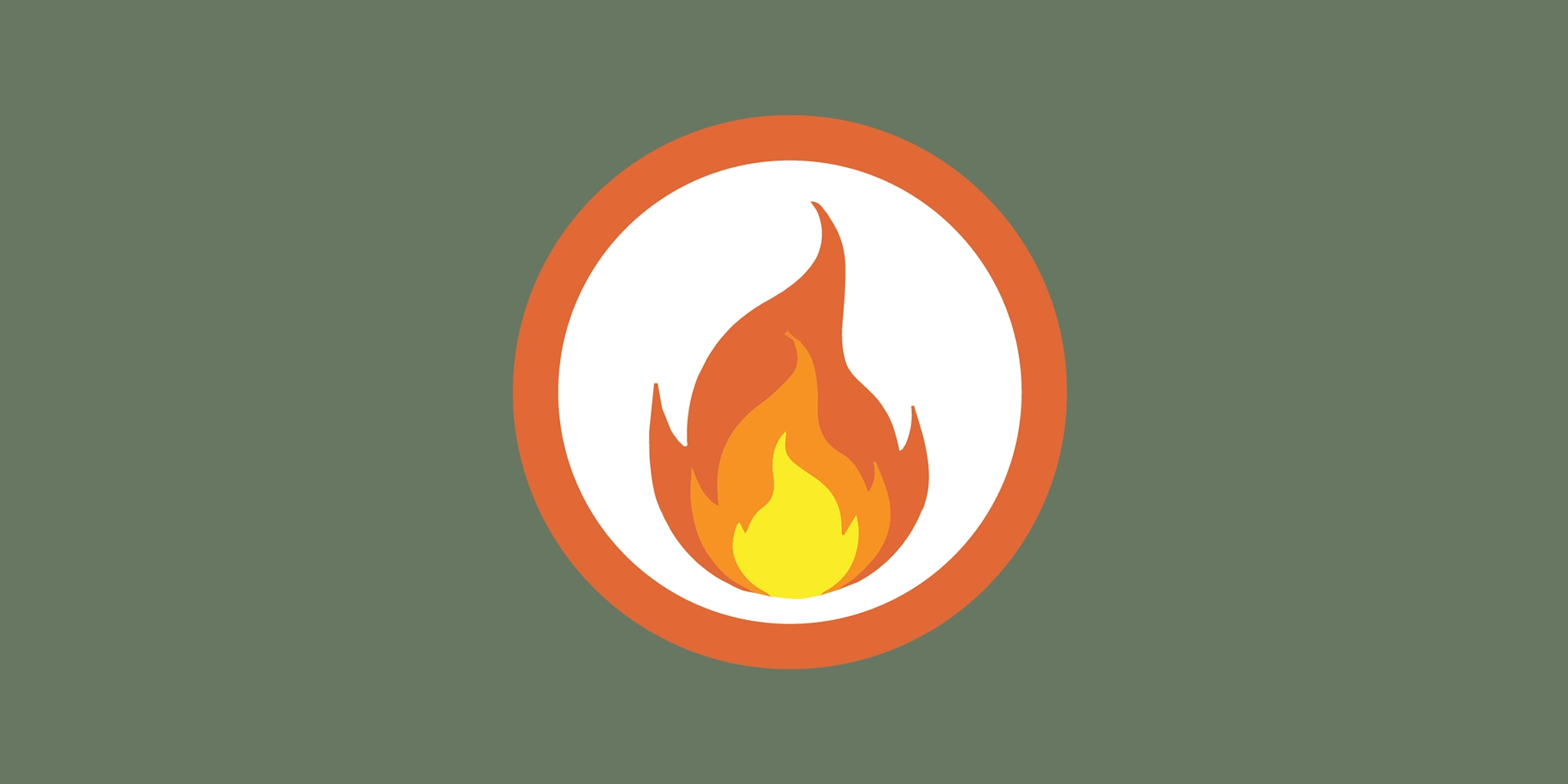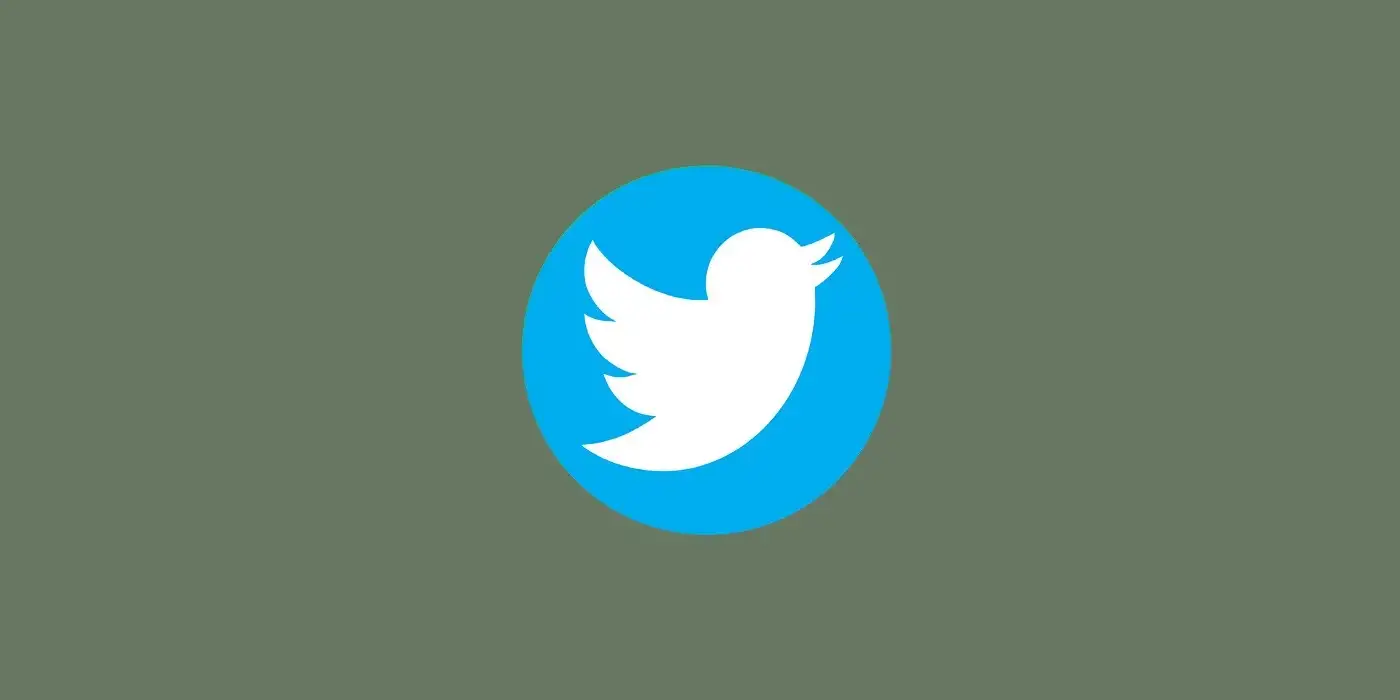
Have you ever pushed yourself so hard for so long that you woke up one morning and found yourself unable to work?
If the answer is yes, you’ve experienced burnout - something that many live through, but far too few talk about. The consequences of burning out can be dire. To name a few horrifying ones: sleep disorders, aimlessness, depression, social isolation, and even diminished immunity.
Luckily, we can avoid burnout by taking preemptive measures. Today I’d like to share with you how I make sure never to fall into that trap.
These are lessons I’ve learned from communicating with freelancers and other entrepreneurs for over a decade.
Freelancing isn’t all beaches and pajamas
Freelancers are usually depicted in one of two ways:
- Sitting with their laptop on the beach.
- Working from home in comfy clothes, with a steaming cup of coffee.
While I enjoy both of these activities, freelance work is mostly…well, work. We freelancers don’t have a boss breathing down our necks, but it’s still easy to find yourself stuck in an unsustainable work schedule.
The first step to avoiding burnout is accepting that freelancing can be just as draining as other types of work. It’s easy to sell yourself on the dream lifestyle and forget that real, hard work is involved.
We don’t have infinite capacity, so we have to devise a plan to control our workload. This process starts with realistically assessing your work-life balance.
Work VS lifestyle
Your work should enhance your lifestyle, not fight against it.
If you live in a constant state of struggle with work pulling one way and the rest of your life the other way, you may soon find yourself torn to pieces.
It is also important to remember that your current lifestyle isn’t forever. Don’t make permanent decisions based on temporary needs. For example, if you’re young and single, then the nomad lifestyle might prove perfect for you. Traveling the world with your laptop can be an unforgettable experience.
But if you uproot yourself completely, you may find it hard to settle down when the time comes. There’s a reason you don’t meet many 40-year-old nomads. People’s goals change as they grow older. Those who try to maintain a 20-year-old’s lifestyle in their 30s often find themselves burning out.
Freelancing is flexible, but you have to be purposeful in integrating work into your desired lifestyle.
In your 30s, you are likely to find yourself adapting your work schedule to your family’s needs - and you can enjoy every minute of it if you optimize for family rather than for personal freedom.
Trust yourself
Never take on more work than you can handle. The more experienced freelancers among you are now thinking “well that’s easier said than done”. Ain’t that the truth.
You reach a certain stage in your freelance career where you have more offers than you can handle. This is, as Marlo from The Wire said, one of them good problems. It may be a better problem to have than most, but it’s a problem nonetheless. Left unmanaged, it can cause real harm.
It’s hard to say no to offers. Before you send that email, you find yourself asking a lot of questions. What if I lose another client? What if this is THE project of my career? What if I lack work next month?
Freelancers often pressure themselves into saying “yes” because the honest answer to all these questions is “I don’t know”. And it’s hard to accept “I don’t know” when it comes to your future, especially if you’re an anxious type.
Better safe than sorry, right? Not always. The moment you take on more work than you can handle, at least one of these things invariably happens:
- The quality of your services for your current clients drops.
- Your stress levels increase.
- Your leisure time is reduced.
- You are more irritable, nervous, and fragile.
Push yourself in this direction long enough and burnout becomes inevitable.
The 70-30 rule
That’s why I formulated my 70-30 rule of freelancing: fill up 70% of your schedule with freelance work and leave the other 30% open.
Use the 30% as you see fit: side projects, hobbies, networking, and, occasionally, amazing offers that you just can’t say no to.
I’ve found that this creates a long-term balance that preserves your mental health and keeps burnout at bay. It even pays off financially - great ideas and opportunities will come to you once in a while, and it is critical that you can act on them immediately.
I understand that this may sound unreasonable to you if you’re having trouble filling your schedule to begin with, or even trouble making ends meet. If that’s the case, don’t take my word for it. Instead, come back and re-read this once you’ve had a full schedule for a few weeks. It will make a lot more sense then, I promise.
Share!
Humans are social creatures. When in doubt, ask your fellow freelancers. There are plenty of us willing to  How To Effectively Use Twitter as a Freelancertalk on Twitter and in many
How To Effectively Use Twitter as a Freelancertalk on Twitter and in many  Community-as-a-Service: A Business Model for the 21st Centuryniche communities.
Community-as-a-Service: A Business Model for the 21st Centuryniche communities.
Nothing is quite as therapeutic as sharing your story with like-minded people who have probably been in your shoes at some point.
Don't miss the next blog post!
I publish a new blog post every Wednesday. Join the newsletter to get:
- One valuable email a week.
- Zero spam.
- Exclusive content not found in the blog.
- Reply directly to me with questions or feedback.
Use the form at the bottom of this pageon the right to join the newsletter.


